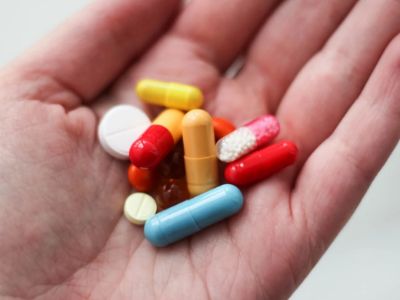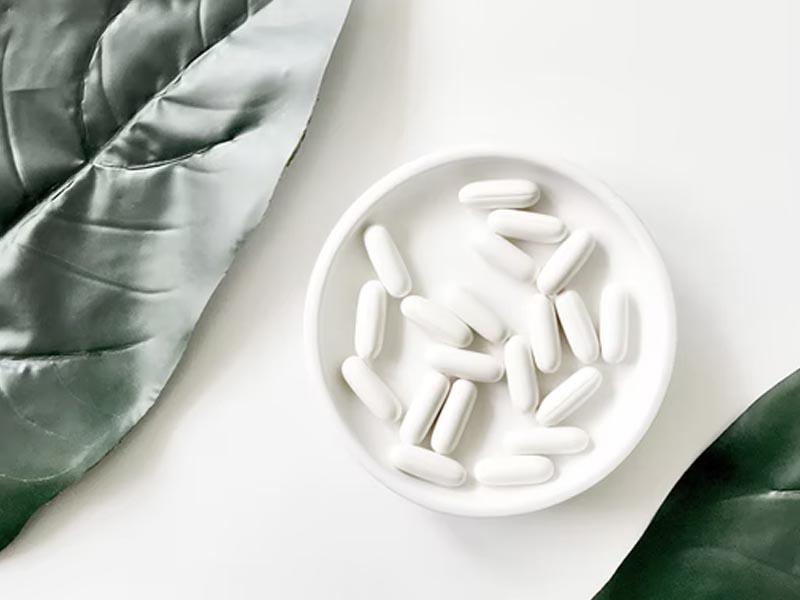Drug Allergy is the abnormal reaction of your immune system to a medication. Any medicine is capable of including a drug allergy. On the other hand, a drug allergy is more likely with certain medications. A drug allergy is not the same as a drug side effect, a known possible reaction listed on a drug label. This type of allergy is also different from drug toxicity caused by an overdose of medication.
Causes of Drug Allergy

A drug allergy happens when your immune system mistakenly recognizes a drug as a harmful substance. Once your immune system detects a drug as a harmful substance, it will develop an antibody specific to that drug. This can happen the first time you take a drug, but sometimes an allergy doesn’t develop until there have been repeated exposures.
However, you may not be aware of your first exposure to a drug. Some evidence suggests that trace amounts of a drug in the food supply may be sufficient for the immune system to create an antibody to it.
Risk Factors of Drug Allergy
- Certain illnesses commonly associated with allergic drug reactions, such as infection with the Epstein-Barr virus or HIV
- Increased exposure to a drug, because of high doses, repetitive use, or prolonged use
- A personal or family history of drug allergy
- A history of other allergies, such as food allergy or hay fever
Diagnosis for Drug Allergy
In some cases, drug allergies can be overdiagnosed, and patients may report allergies to drugs that have never been confirmed. Patients may consequently be prescribed less effective or more expensive medications.
If you need to see a doctor for a diagnosis, he or she will perform a physical examination and ask you questions. If you give your doctor details about when your symptoms started, when you took medications, and when your symptoms improved or worsened, your doctor can make a more accurate diagnosis.
Symptoms of Drug Allergy

Drug allergy symptoms often occur within an hour of taking a drug. Other reactions can occur days or weeks later.
- Wheezing
- Runny nose
- Itchy, watery eyes
- Swelling
- Shortness of breath
- Itching
- Fever
- Skin rash
- Hives
Treatment for Drug Allergy
A drug allergy treatment can be divided into two general strategies:
- Treatment that may enable you to take an allergy-causing drug if it’s medically necessary
- Treatment for present allergy symptoms
The overall treatment may vary from person to person. You need to consult your doctor for appropriate treatment.
Medications of Drug Allergy
- Antihistamines: Your doctor may prescribe an antihistamine or recommend a non-prescription antihistamine such as Diphenhydramine (Benadryl) that can block immune system chemicals activated during an allergic reaction.
- Corticosteroids: injected or oral corticosteroids may be used to treat inflammation associated with more-serious reactions.








